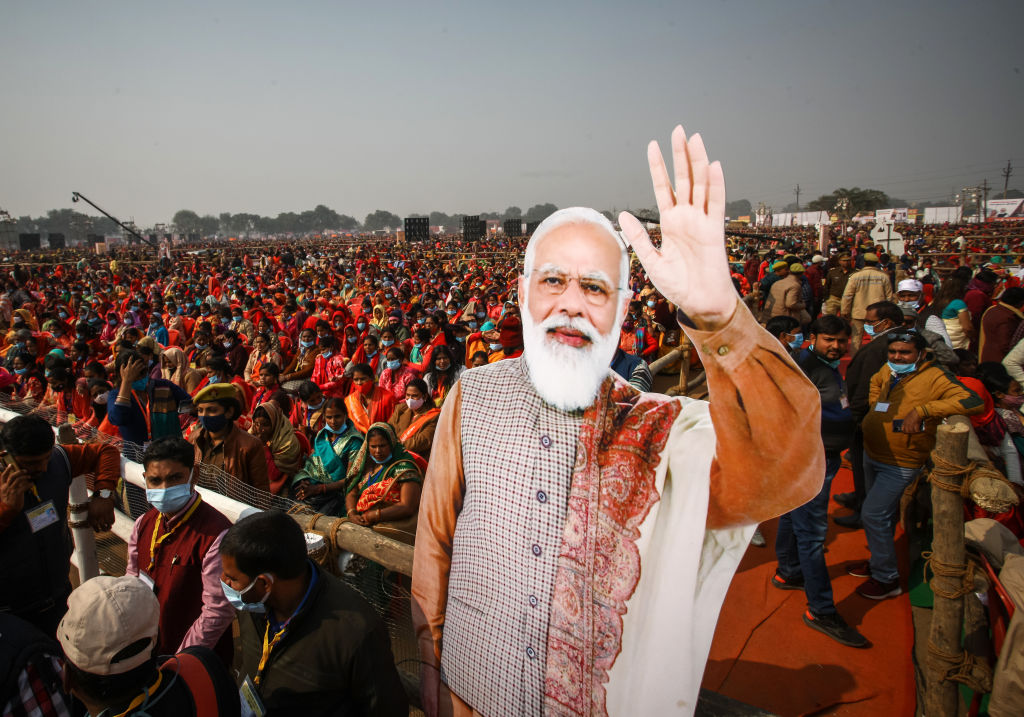- Wednesday, July 02, 2025

By: Shubham Ghosh
Ahead of the 2024 general elections, the Narendra Modi government on Wednesday (16) held a day-long brainstorming session on improving its public outreach, particularly to those who do not have access to television and newspapers. The move came three days after the ruling Bharatiya Janata Party led by prime minister Modi lost the only state it ruled in south India — Karnataka — to opponent Indian National Congress.
Addressing over 100 communication officers of the government, Anurag Thakur, the information and broadcasting minister, stressed on the importance of reaching out to all sections of the society, particularly the underprivileged.
He said a large part of India lives in a media shadow, bereft of facilities of television and newspapers, and it was the responsibility of the Indian Information Service (IIS) officers to reach out to that section of society.
He said the IIS is a vital part of the government and the ‘chintan shivir’ (brainstorming session) provided the officials a unique opportunity to collaborate, self-introspect and timely course correct the work in the ministry.
Thakur also noted that the media landscape and the way people consume information was changing fast, and there was a need to adapt methods of information dissemination to meet the needs of the 21st century.
He asked the officers to work towards higher effectiveness through better utilisation of resources, coordination of efforts, sharing of information and working as a single team.
The minister said the clear priority for the target of communication for the government was oriented towards welfare of the underprivileged and the mantra of Antyodaya (reaching out to the last person) should guide the activities of the officers.
The officials held deliberations across five sessions, including participatory communication with citizens – ‘Jan Bhagidari’ (people’s participation); adoption of emerging technologies in public communications to maximise reach; institutionalisation of quick response mechanisms to address misinformation; targeted outreach through regional communication and strengthening public service broadcasting.
(With PTI inputs)